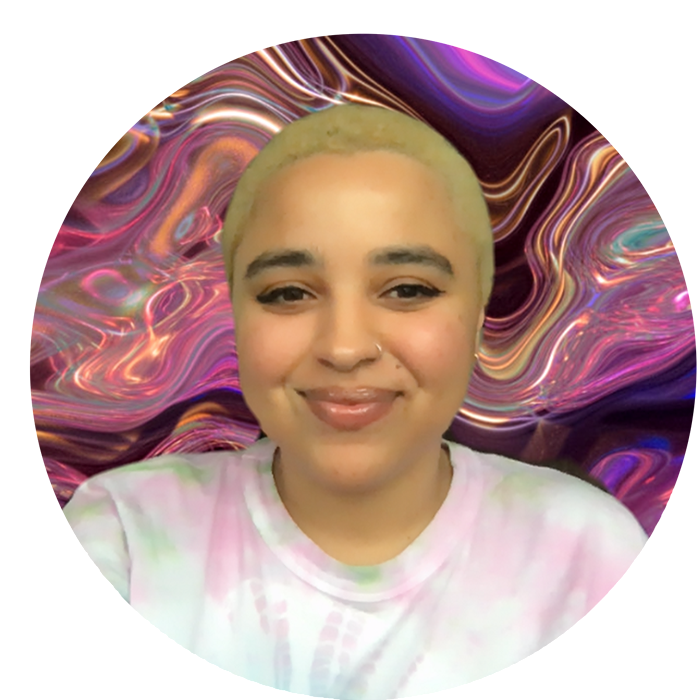
The Queens-dwelling musician, who moved from Montevideo, Uruguay to the U.S. as a teen, is getting ready to drop his third album La Onda de Juan Pablo tomorrow.
La onda literally translates to “the wave,” like what the ocean is made of, but in Wauters’s case, whose middle name is Pablo, onda means “vibe.” “Me gusta tu onda means ‘I like your vibe, I like your style,’” he explains. “So La Onda de Juan Pablo means Juan Pablo’s onda, Juan Pablo’s vibe.” The record marks Wauters’s first release that’s sung entirely in Spanish, his mother tongue, and was recorded in various locales across Latin America.
“Music brought me back to the place where I’d been taken away from as a kid, Uruguay,” Wauters tells me over the phone. “That was an eye-opener for me… Music has been my partner in life to deal with the stress and sadness that moving away from my home brought up. So, this same medium that was my bridge between my new home and my hometown brought me back to where I’m from and I realized I had an audience there.”
La Onda de Juan Pablo is lush. It marks a departure from his previous two records which sounded more like a kind of Bob Dylan/'60’s singer-songwriter/poet/folk rock. There’s a distinct floridness to La Onda, of many things blossoming at once, sounds culled from many different sonic streams. Wauters spent seven months in Latin America recording this album, in metropolises like Buenos Aires, Santiago, Mexico City, San Juan and his hometown of Montevideo, spending a month in each place, getting a feel for the sounds and rhythms of the culture.
“I would always bring a radio with me, an actual radio and see what people listen to because that’s a good filter to see what the people listen to in a place,” he tells me. “That was my idea.” With a sense of the sounds of each place’s music, he would then ask around, trying to find musicians who were willing to contribute their time and ability to help him create his songs. Having to work with the skills and interests of the people around him, this approach led to a lot of spontaneity with how Wauters’s songs actually turned out.
On one of the standout tracks from La Onda, “Guapa,” which was recorded in San Juan, Wauters wanted to feature a cuatro, a Puerto Rican stringed instrument that has a much brighter, clearer sound than a guitar. After not hearing back from what was supposed to be the best cuatro player in the city, he ended up recording with two younger players who were eager to share their country’s culture with a new audience. “They both played at the same time, which gave it a really nice feeling, a really good live feeling to it,” he says. “They both played together, and they were complimenting each other on the spot, improvising.” The result is something cinematic, something that you could see yourself falling in love to. It smells like daisies.
Another highlight from La Onda is "Disfruta la Fruta," recorded in Mexico City, which translates to "Enjoy the Fruit." The lyrics are straightforward and sound like something you'd have to sing in high school Spanish class to memorize the vocab for a test. "Me gusta la manzana, la uva también,/me gusta comer sandía." It's catchy as hell. I find myself humming it while filling up my water bottle, sitting on the light rail, in lulls in conversation. Fans of Wauters used to bring bananas, melons, and oranges to his shows, as he's known as a big fan of fruit. When I asked him if the people of Seattle should do the same, he laughed.
"It’s actually something that I used to do back in 2014, but since now I have a song about fruit I’m bringing it back," Wauters says. "Really good food makes you feel good. Fruit makes me feel really good. We live in a world full of negative energy so in a way I'm trying to bring some positive energy to the world.” He adds, "But being realistic too. In my music, I think I focus on the pain and the struggle along with happiness, how they coexist and complement each other."
La Onda de Juan Pablo comes out tomorrow. Wauters will be playing The Crocodile Back Bar on January 29th—I'll be in the front with a bag of cherries.



















